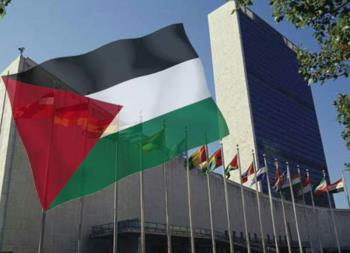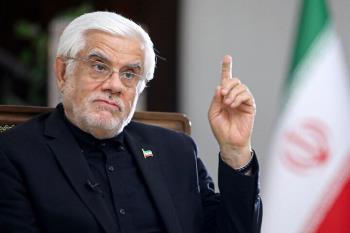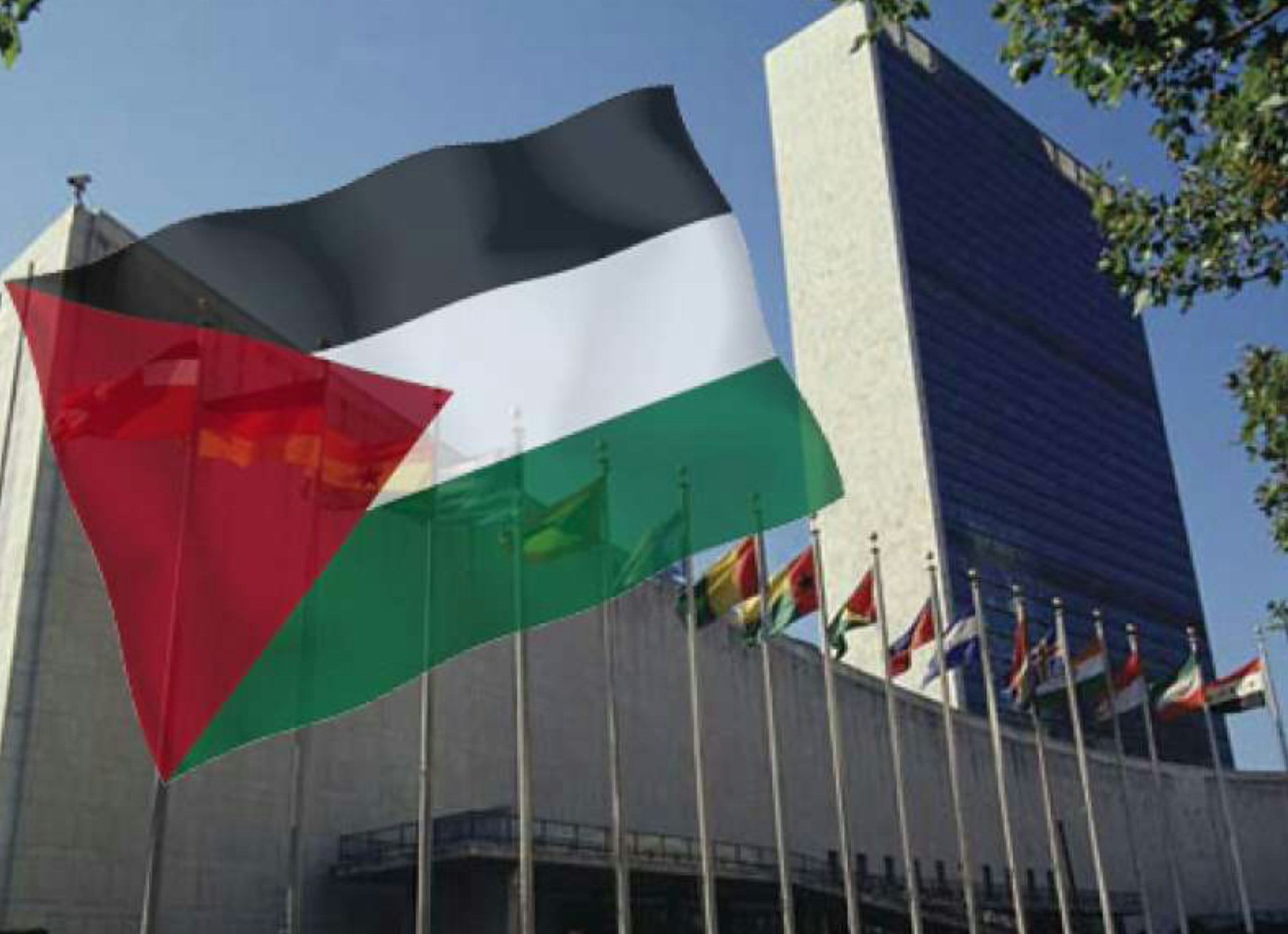Alwaght- As Gaza war closes its second year and while the humanitarian crisis in this devastated coastal enclave has reached a point of explosion, the world leaders gather in New York for the annual United Nations General Assembly to discuss the ways to end this genocidal war and most importantly recognition of an independent Palestinian state.
Gaza war will be the most critical issue at the 80th session of the UNGA this year. This comes as, shielded by unilateral US support, the Israeli regime has not only stymied all international initiatives and actions at the Security Council, but has also expanded its aggression and atrocities to other countries in the region, thereby jeopardizing the foundations of regional and international peace and stability.
The latest US veto against a Gaza ceasefire resolution was cast this past Friday, merely days after Israel's aggressive attack on Doha, Qatar's capital, which was met with widespread international condemnation.
That resolution, which had the support of the 14 other Security Council members, had called for an immediate end to the war and for Gaza's residents to be granted access to humanitarian aid.
In response to this deadlock, a new diplomatic motion is now taking shape. According to AFP, a conference will be held today on the sidelines of the UN meetings, where several countries, including France, are expected to formally announce their positions on recognizing a Palestinian state.
An advisor to President Emmanuel Macron of France confirmed that "ten countries that have decided to recognize the state of Palestine" will participate in the conference, which will be held Monday alongside the UNGA sessions in New York.
According to the same source, these countries are France, the Britain, Australia, Canada, Belgium, Luxembourg, Portugal, Malta, Andorra, and San Marino.
The French source stated that Macron, who will co-chair the conference with Saudi Crown Prince Mohammed bin Salman, will deliver a speech and formally announce the recognition of a Palestinian state.
Over 145 and 4 members of the UNSC
This diplomatic move unfolds against a backdrop where the recognition of Palestine dates back to 1988. The Palestine Liberation Organization (PLO) declared the independence of the State of Palestine in 1988, an act swiftly recognized by a majority of Global South nations. To date, 147 out of the 193 UN member states recognize the State of Palestine.
Mexico was the most recent country to announce its recognition, doing so in January 2025.
While a delegation representing Palestine holds the status of a Permanent Observer at the United Nations, it does not possess voting rights. Regardless of the number of countries granting recognition, full UN membership requires approval from the Security Council—a step consistently blocked by Washington's veto.
With Britain and France now joining the ranks of supporters for an independent Palestinian state, the balance within the Security Council has tilted decisively against Israel. Four of the five permanent members of the Council now recognize the State of Palestine.
Israeli and American fury
Citing European officials, the Politco reported that Israeli is preparing an array of options to respond to recognition of Palestine by France and other countries. These options, the outlet adds, include accelerated annexation of the West Bank, closing down the French consulate in Al-Quds (Jerusalem), and sacrilege to the French sites including Christian Aliona shrine.
Earlier Israeli officials had threatened to annex the West Bank in response to moves by countries to recognize Palestine as an independent state. Israeli Prime Minister Benjamin Netanyahu asserted Tel Aviv will never forsake absolute control over Gaza or the West Bank.
European countries argue the Israeli change in the status of the West Bank is main driving force behind their shift of standing.
In this connection, Macron in an interview with Israel's Channel 12 said that Israeli settlement constructions in the West Bank show that Israel's main aim is not destruction of Hamas but destruction of the two-state solution, an initiative proposed by the Arab countries in 2002.
A majority of the main representation offices of the big powers are located in Tel Aviv as they do not recognize Al-Quds as the Israeli capital. After relocating its embassy to Al-Quds in the first term of Trump, the US tried to internationally promote the Israeli claim of the city being its capital, but they were far from successful.
Meanwhile, nearly 40 countries maintain consular offices in Ramallah in the West Bank or in East Al-Quds—a territory whose annexation by Israel is not recognized by the international community and which Palestinians view as their future capital.
Standing alongside the Israeli regime, the US has vehemently opposed any moves toward recognizing an independent Palestinian state. In reaction, Washington has imposed sanctions on Palestinian officials, including canceling visas and denying entry, in a bid to prevent Mahmoud Abbas and other figures from the Palestinian Authority from participating in the UNGA in New York.
Palestinian state recognition: Real or symbolic?
There are two prevailing views regarding the impact of the two-state conference at the UN and the addition of new European countries, particularly France and the UK, to the roster of recognizers, on the political and on-the-ground dynamics in Palestine.
Some observers suggest that this move is primarily symbolic and is unlikely to immediately make a difference in favor of Palestinians on the ground. These European countries have stated their primary goal is to pressure Israel to end the war in Gaza, curb the expansion of settlements in the occupied West Bank, and recommit to a peace process with the Palestinians—a process that has been dormant since 2014. Netanyahu has outright rejected the establishment of a Palestinian state.
Those who view the recognition as largely symbolic point to the limited practical impact of earlier recognitions by major powers like China, India, and Russia, as well as many Arab states, decades ago. Without full UN membership or control over its own borders, the Palestinian Authority has limited capacity to manage bilateral relations. No foreign nation maintains an embassy on Palestinian territory, and countries cannot freely send diplomats there.
Israel tightly restricts trade, investment, and educational and cultural exchanges with Palestine. Palestinians have no airport, and the West Bank, a landlocked territory, is accessible only via Israeli-controlled crossings or the Israeli-controlled border with Jordan. Israel also maintains full control over all maritime access to the Gaza Strip and the Rafah border crossing with Egypt.
Still, countries that intend to recognize Palestine, as well as the Palestinian Authority, say that this move will be more than just a pointless and ineffective gesture.
Hussam Zomlit, the Palestinian ambassador to Britain, said that this recognition can lead to strategic partnerships, Reuters reported.



























